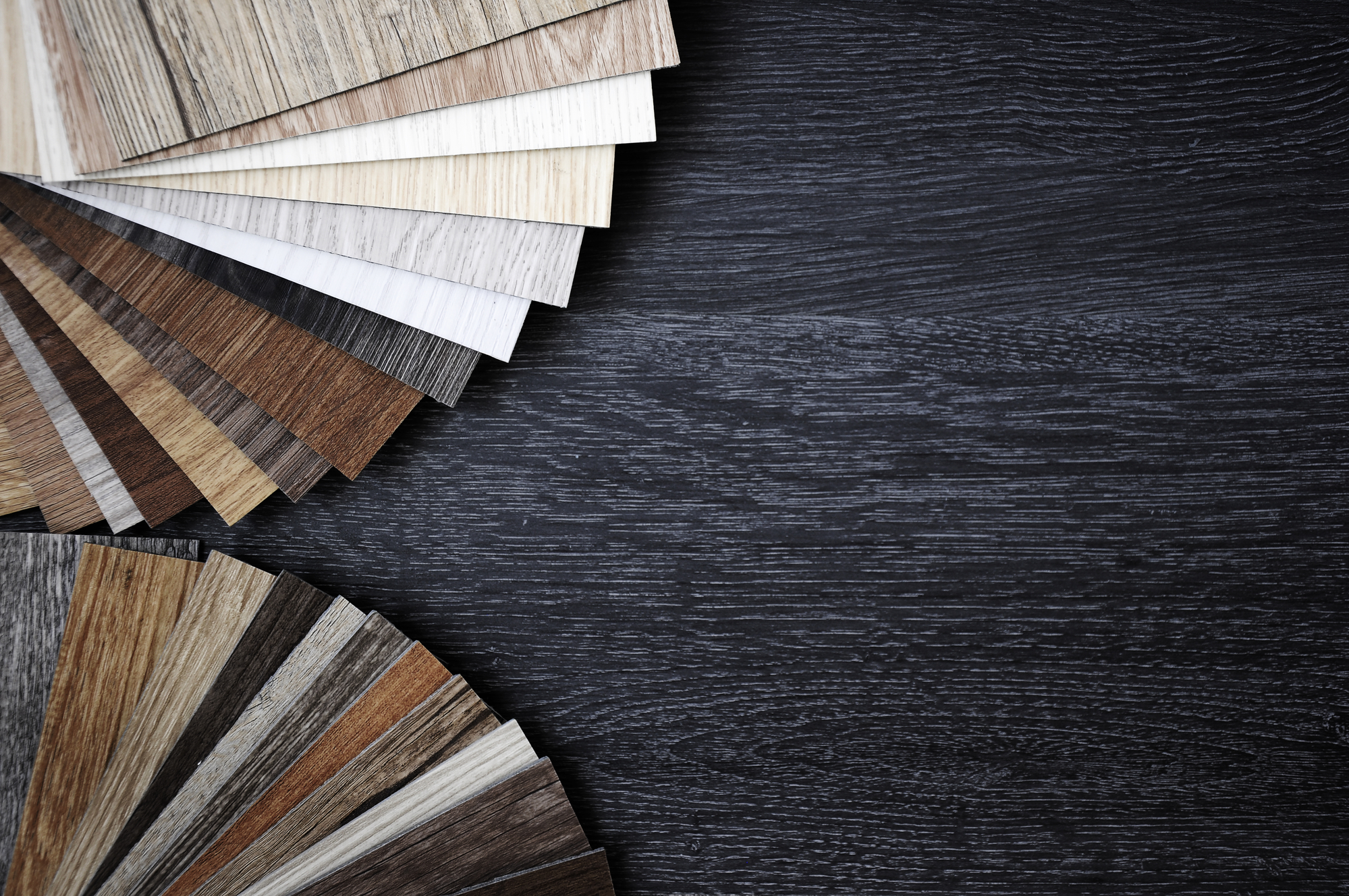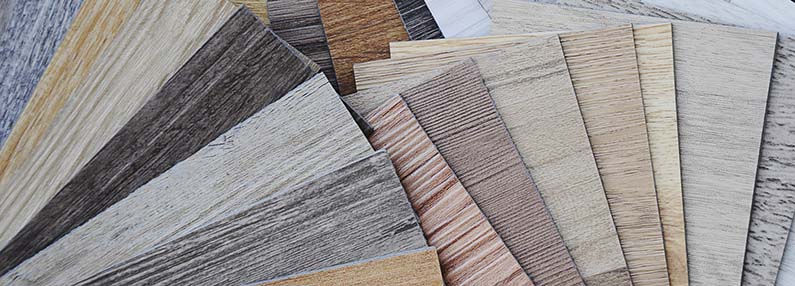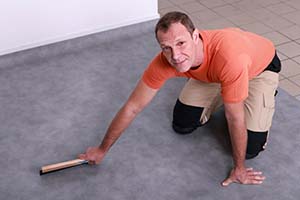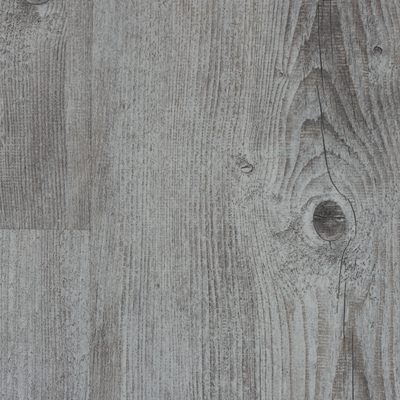What’s the Difference Between Linoleum and Vinyl?
Learn the pros and cons of different flooring types
Sep 4, 2023

Linoleum and vinyl are both popular options for flooring. They’re cheaper to purchase and install than hardwood floors and can replicate the look of hardwood, stone, or other materials. But which one is right for you?



Linoleum vs. Vinyl
Linoleum and vinyl are both very versatile materials that can work well in almost any area of your home. They’re the two flooring materials that are most commonly compared to each other. So how do the two compare?Price
Vinyl is generally less expensive than linoleum, but not by much. The average price of vinyl is $1-7 per sq. ft., while for linoleum it’s $2-8. Some styles of vinyl will be more expensive than some styles of linoleum.Expected Lifespan and Durability
Linoleum is generally expected to last between 20 and 40 years, while vinyl has a lifespan of half that at 10-20 years. Vinyl may not last as long as linoleum, but it is cheaper to install and therefore also cheaper to replace than linoleum.Maintenance
Both linoleum and vinyl are very easy to maintain. Single tiles can easily be replaced on either type of flooring. Any damage can also be simply patched without having to replace the entire tile.Damage-Resistance
Linoleum lasts longer and is more durable to regular wear-and-tear.Water-Resistance
Vinyl is far more resistant to water than linoleum. Vinyl is almost water-proof.
Style Options
Both types of flooring are very versatile when it comes to your options. There are a wide variety of styles and patterns for both vinyl and linoleum floors. Vinyl is more common than linoleum, however, and may have more color options.Easy to Clean
Cleaning is easier for vinyl than for linoleum. Vinyl requires only basic sweeping, mopping, and vacuuming. Linoleum requires periodic waxing, an annual protective coating, and in addition, may be sensitive to certain cleaners, so you’ll need to make sure your cleaner is appropriate for linoleum before use.
Installation
Vinyl is easier than linoleum to install and can be easily DIY’d. Because linoleum is more susceptible to damage from water than vinyl, it’s best installed by a professional unless you really know what you’re doing with a water sealant coating.Professional Installation
Linoleum is best suited to a professional installation. A professional can prevent future water damage in your home by ensuring that the required water sealant coating is done properly. Linoleum, if not properly installed, is at risk for water damage.Self-Installation
Vinyl is easy to install yourself. There are two methods: snap-together tiles or gluing them down.In the Kitchen
Depending on your needs for your kitchen, either vinyl or linoleum can work well. Vinyl is more water-proof, but linoleum is more durable and can withstand more wear and tear. If your kitchen sees a lot of foot traffic, linoleum may be the better option.In the Bathroom
While either type of flooring can work well in a bathroom, and which is best does depend on your needs, vinyl often wins out over linoleum. The bathroom sees a lot of water that can get dripped onto the floor, so vinyl’s water-resistance is a point in vinyl’s favor.
How Can You Tell the Difference Between Vinyl and Linoleum?
To tell the difference between the two types of flooring visually, you’ll need to look at the pattern on the floor. On vinyl floors, the pattern is embossed on the surface. Any holes or damage to a vinyl floor will interrupt the pattern and therefore be easily visible. A pattern on a linoleum floor is carried all the way through the material and will still be visible even through holes or other wear and tear on the floor.Does Either Type of Flooring Need a Wax Seal?
Vinyl does not require a wax seal, but linoleum does. Linoleum requires a protective coating that needs to be reapplied annually in addition to needing a wax seal periodically.Does Either Have Asbestos?
Both linoleum and vinyl may have asbestos, especially if they are older floors. If your floor does have asbestos in it, you’ll need to be very careful when removing or repairing it, as tearing it out or sanding it could release asbestos into your house, which is dangerous. If your floor was installed in the 1980s or earlier, it’s important to check for asbestos before performing any maintenance or repair to your floor. If your floor is darker in color, it has a greater risk for containing asbestos. To eliminate all doubt, you can send a sample of your floor to a laboratory for testing. To safely cut samples, make sure you’re wearing a mask. Most labs will require three samples, which you’ll need to seal in a plastic bag in addition to using duct tape to seal the area of the floor the samples came from. Alternatively, you can use a home testing kit. If your floor does test positively for asbestos, it’s best to hire a professional. Depending on where you live, the law may require you to hire a professional to remove the asbestos. The primary danger of asbestos comes from its fibers becoming airborne, where they can be inhaled, causing diseases. An asbestos-abatement professional can safely remove the asbestos from your home.Ready for New Floor?
Browse our showroom and meet with one of our cabinet experts to plan your kitchen project.
CONTACT US
